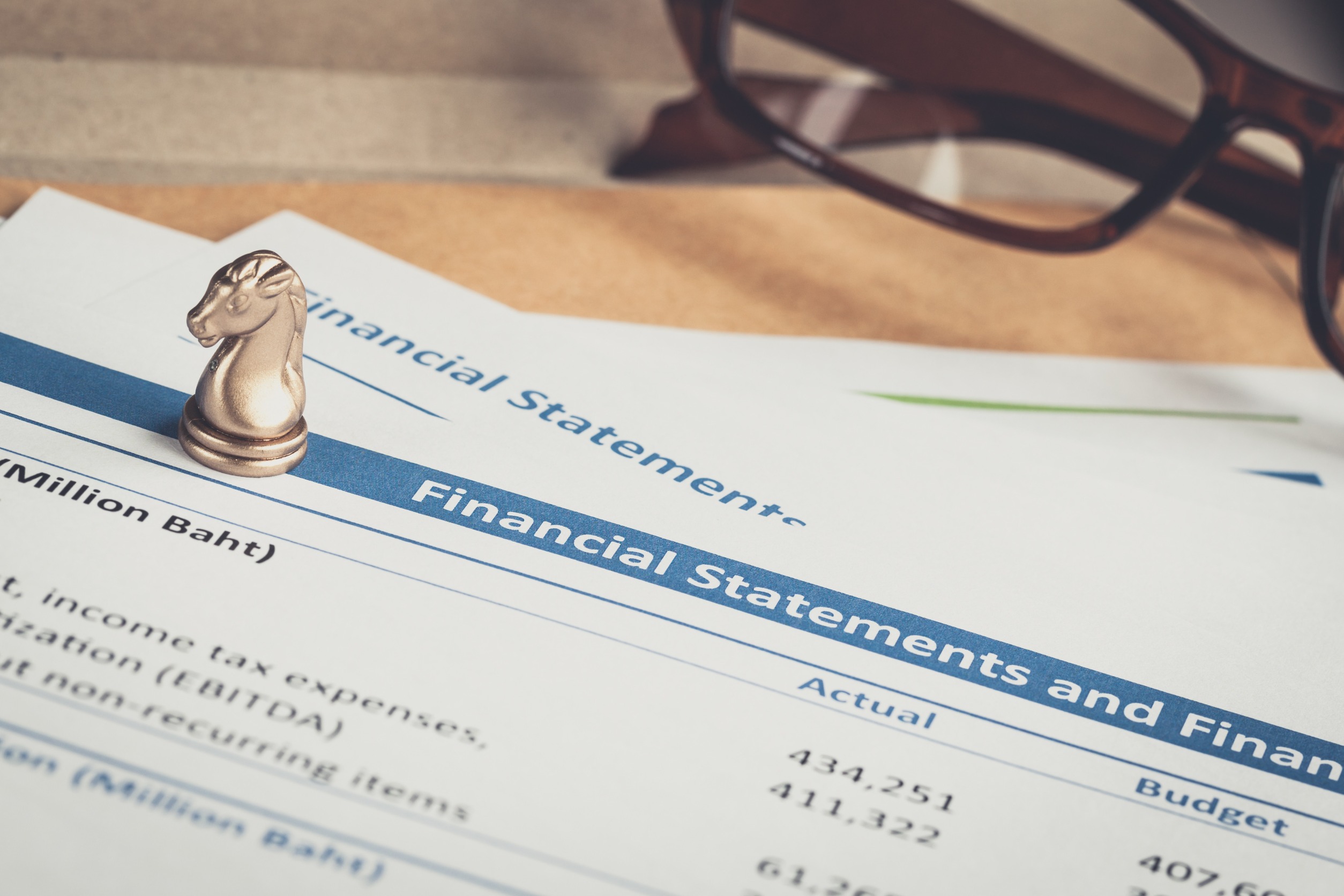
Image Source: 123rf.com
It’s natural to hope your kids will be there for you in old age. After all, you raised them, supported them, and maybe even sacrificed your own dreams so they could chase theirs. But here’s the reality many parents avoid: most adult children don’t want—or plan—to become their parents’ retirement plan. Not because they don’t love you, but because the world they’re growing up in looks very different from the one you knew. If you’re banking on your kids to carry the financial or caregiving burden of your retirement, it may be time for a rethink.
They’re Already Struggling to Stay Afloat
Millennials and Gen Z are facing a financial landscape that’s far more brutal than previous generations. Between student loan debt, housing costs, and stagnant wages, many of your adult children are just trying to keep their heads above water. The idea of adding a parent’s financial needs into the mix feels overwhelming—if not impossible. It’s not that they don’t care; it’s that they’re barely managing their own bills. Relying on them adds pressure to an already strained system.
They Grew Up Watching You Struggle
If your kids saw you burn out working multiple jobs or fight to make ends meet, they may associate money with stress and instability. For some, that’s motivation to do better. For others, it sparks fear about repeating the same cycle. Asking them to shoulder your retirement may trigger resentment or anxiety, especially if they’re just finding their financial footing. Many want to break generational patterns, not repeat them.
They Want Boundaries You Didn’t Have
Today’s young adults are redefining what family obligations look like. They’re prioritizing mental health, balance, and boundaries—things many older generations were never taught to value. That includes setting limits with parents. Just because you were willing to care for aging family members doesn’t mean your kids feel the same obligation. They may love you deeply and still say no to becoming your caregiver, especially if it compromises their own lives.
They Feel Trapped by Cultural Expectations

Image Source: 123rf.com
In some families, there’s an unspoken rule: kids take care of their parents, no questions asked. But not everyone wants—or is equipped—to follow that path. Immigrant families, in particular, may carry traditions that assume adult children will provide financial and emotional support in return for being raised. Yet younger generations are starting to push back, feeling the weight of those expectations as a burden, not an honor. That internal conflict can strain relationships and foster guilt, especially when children feel forced into roles they didn’t choose.
They’re Watching You Spend Freely Now
If you’re living large in your 50s and 60s—taking vacations, upgrading your home, or driving luxury cars—your kids are noticing. And they may be quietly questioning how you plan to support yourself later. It’s hard for them to reconcile generous spending now with an expectation of help later. The message it sends? “You’ll be responsible for me later while I enjoy myself now.” That dynamic can create resentment or even distance over time.
They Want to Break the Cycle of Financial Codependence
Some families pass financial dependence down like a bad habit. Parents rely on their parents, and then their kids feel forced to step up in return. But many younger adults are saying, “No more.” They want financial independence—not just for themselves, but for their future children. That means making tough choices about how much they give and when. It’s not about being selfish—it’s about breaking unhealthy generational cycles of financial codependence.
They’re Already Planning for Their Own Retirement
Surprisingly, many younger adults are already thinking about their own long-term futures. They’re contributing to retirement accounts, building emergency savings, and trying to avoid debt. Why? Because they’ve seen firsthand what happens when retirement isn’t planned. Being asked to delay their own financial goals to care for a parent’s lack of preparation feels unfair. They’re not rejecting you—they’re protecting themselves.
They Want a Relationship—Not a Responsibility
At the heart of it all, your kids want to love you, not manage you. They want dinners, laughter, shared memories—not caregiver schedules and unpaid bills. When the relationship becomes transactional, it can chip away at emotional closeness. Adult children don’t want to feel like a financial plan—they want to feel like your family. The more independence you can maintain, the more authentic your connection will likely stay.
They May Want to Support You
Your kids may absolutely want to support you emotionally, physically, and even financially—but only if it comes from love, not obligation. They’re not being selfish—they’re setting boundaries in a world that demands more from them than ever before. The best gift you can give them is preparing for your future without making them responsible for it. Do it for their peace of mind—and your relationship.
Have you had this conversation with your children? How did it go—or what’s holding you back? Share your thoughts in the comments below.
Read More:
Here’s How to Tell Which One of Your Children Will Stay by Your Side Until the End
13 Things Young People Won’t Stop Doing That Elderly People Don’t Understand

Latrice is a dedicated professional with a rich background in social work, complemented by an Associate Degree in the field. Her journey has been uniquely shaped by the rewarding experience of being a stay-at-home mom to her two children, aged 13 and 5. This role has not only been a testament to her commitment to family but has also provided her with invaluable life lessons and insights.
As a mother, Latrice has embraced the opportunity to educate her children on essential life skills, with a special focus on financial literacy, the nuances of life, and the importance of inner peace.
























































